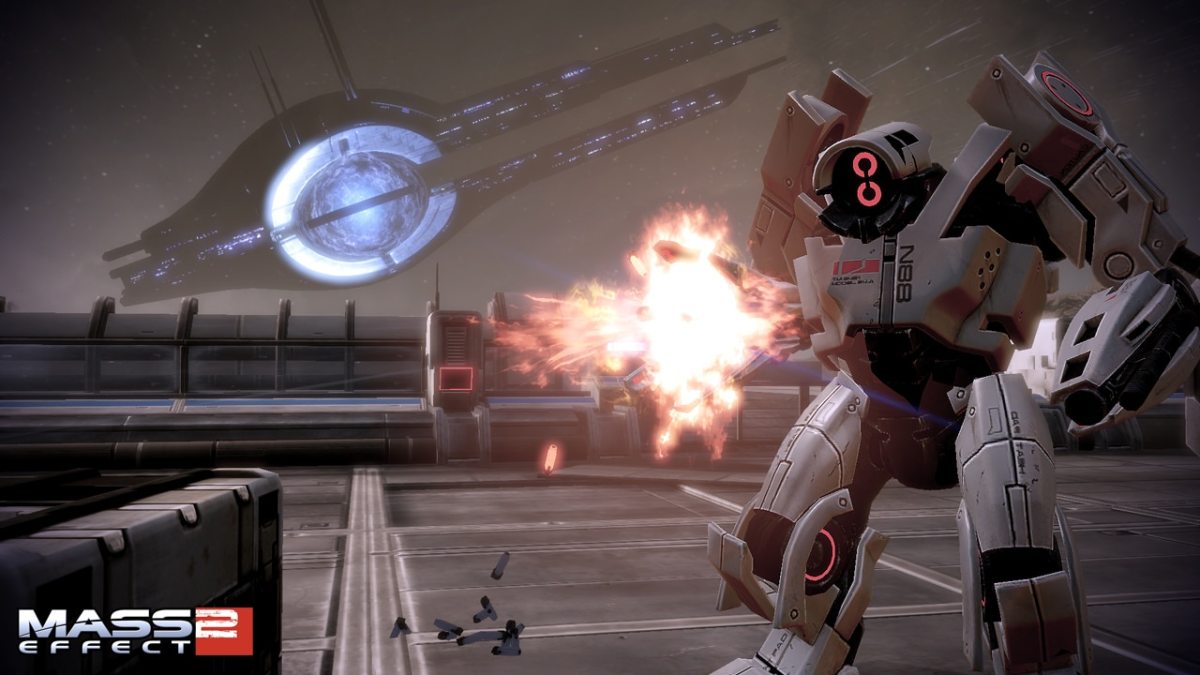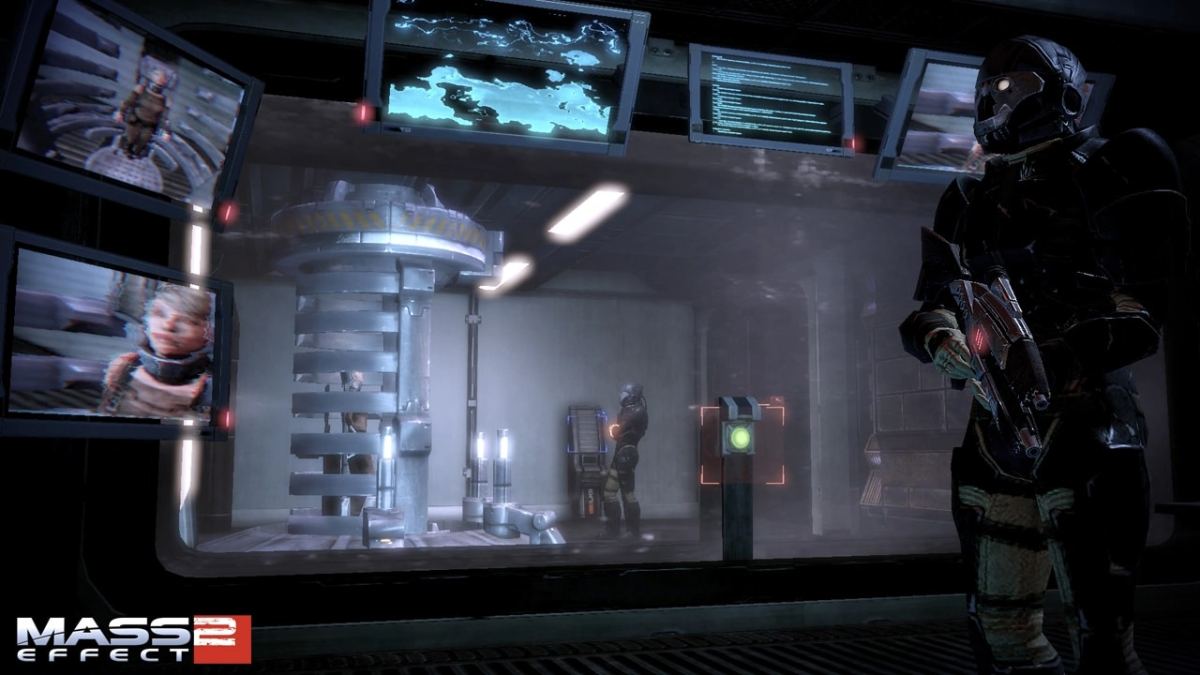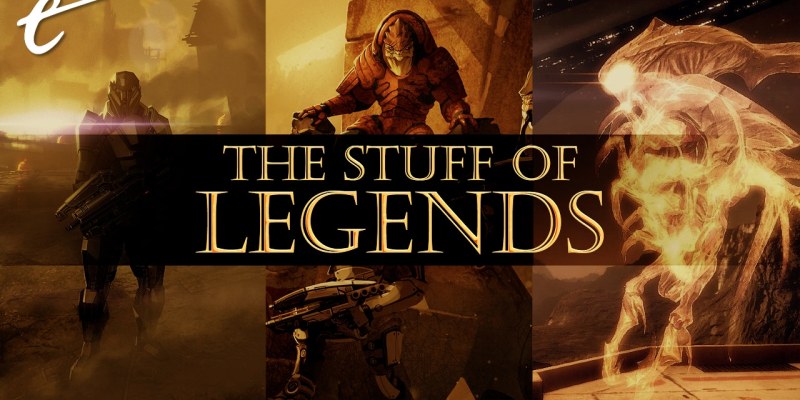This article contains assorted spoilers for the Mass Effect series and Mass Effect 2: Arrival.
Mass Effect is a series all about reactive storytelling, weighty choices, and sprawling adventures that evolve with every step forward. It’s also a series with a fairly large plot hole introduced by Mass Effect 2’s final DLC expansion, Arrival. Not only was it a bold tease for the then-unreleased conclusion of the trilogy, but it boasted a Tom Clancy-esque story of betrayal, espionage, and a literal countdown to the destruction of the galaxy. That is, if you actually played it — which most players have only done for the first time with Legendary Edition.
Remember how Redemption gave brilliant new insights into the world of Mass Effect? Well, Arrival tries — gosh it tries so very hard — to do the same thing. Except, as you can probably guess, that’s not what happened. What should’ve been the primer for Mass Effect 3 instead became its undoing because of one small detail that breaks one of the main points of Mass Effect 3’s ending: Arrival establishes that the destruction of a Mass Relay wipes out an entire star system.
Now, on paper, this actually makes a ton of sense. The Mass Relays were built by the galaxy-devastating Reapers to streamline the evolution of species in the Milky Way. It stands to reason that their tech is devastating when broken, especially in the case of Arrival as a meteor is thrown straight into it to prevent an early Reaper invasion. It’s not a perfect fix, as it merely delays the Reapers by a few years, but it’s something — and the heroic Commander Shepard needs all the time they can get.

However, a few months later, no matter what Shepard decides at the end of Mass Effect 3’s finale, every single relay is destroyed. The only way to ensure they aren’t destroyed is to embrace extinction. They also seemingly disperse whatever energy wave you choose, in a manner not dissimilar to the relay in Arrival’s devastating kill-wave. For those who spent the $7 to experience Arrival and charged through Mass Effect 3 to the original finale… it kinda looked like no matter what you decided on, most of the galaxy would die anyway.
This left BioWare in an awkward position, because it had to account for both the majority of players who hadn’t even experienced Arrival, as well as its hardcore fans who had played it and analyzed it for any clues about what lay ahead. The solution in the game’s hastily assembled Extended Cut is essentially, “The relays are apparently super easy to repair and everything’s fine here! We’re all fine here. How are you?” It’s far from the most elegant retcon in fiction, but with the benefit of hindsight, I think this was the right call in the grand scheme of things.
The reason is, re-experiencing Mass Effect 2: Arrival after all these years, it’s an absolutely abysmal expansion. The writing is ripped from a daytime soap opera. The production was so rushed that not only do your companions have no dialogue, but they’re just not present at all. The one new named character you meet is barely there and incredibly annoying. Your most meaningful decision as a protagonist is whether or not to shoot this same person to cut off their monologue.

Worse still, this is our first real glimpse into Batarian space, famously isolationist and cut off from all but a select few foreigners. Yet all we really learn about them is that their military bunkers are apparently barely functional flophouses made of decaying concrete. The Bring Down the Sky DLC for the original Mass Effect had given us a huge insight into just how dire things are between the Batarians and humanity. In Mass Effect 2: Arrival, they’re just generic bad guys who pay a price they have no say in because Shepard wipes out an entire colony to destroy the relay.
To be fair, you can try to warn them, but your decisions blatantly don’t matter to Arrival. Stand strong in the face of a big battle? Still get knocked out. How about when you respond to Harbinger’s taunting visage? Doesn’t factor into anything — you’ll never meaningfully speak to Harbinger again for the rest of the series. Most damning is how in the aftermath of the mission, you’re expected to justify an action you have literally no say over. As a result, Arrival is easily the most linear slice of Mass Effect to the point it’s an accidental self-satire of BioWare’s narrative design.
When you consider how few experienced the DLC and how low a point it was for the franchise, it’s not hard to picture the developers at BioWare opting to ignore it. This is a textbook example of why retcons exist — it’s not that Arrival was bad in concept, but the final execution creates a glaring issue that otherwise wouldn’t be there. If it’s a choice between making Shepard a genocidal sacrificial monster or a minor inconsistency with the series’s second worst DLC expansion, BioWare made the right choice. Mass Effect 3’s conclusion has its issues, but brushing aside Arrival isn’t one of them.
